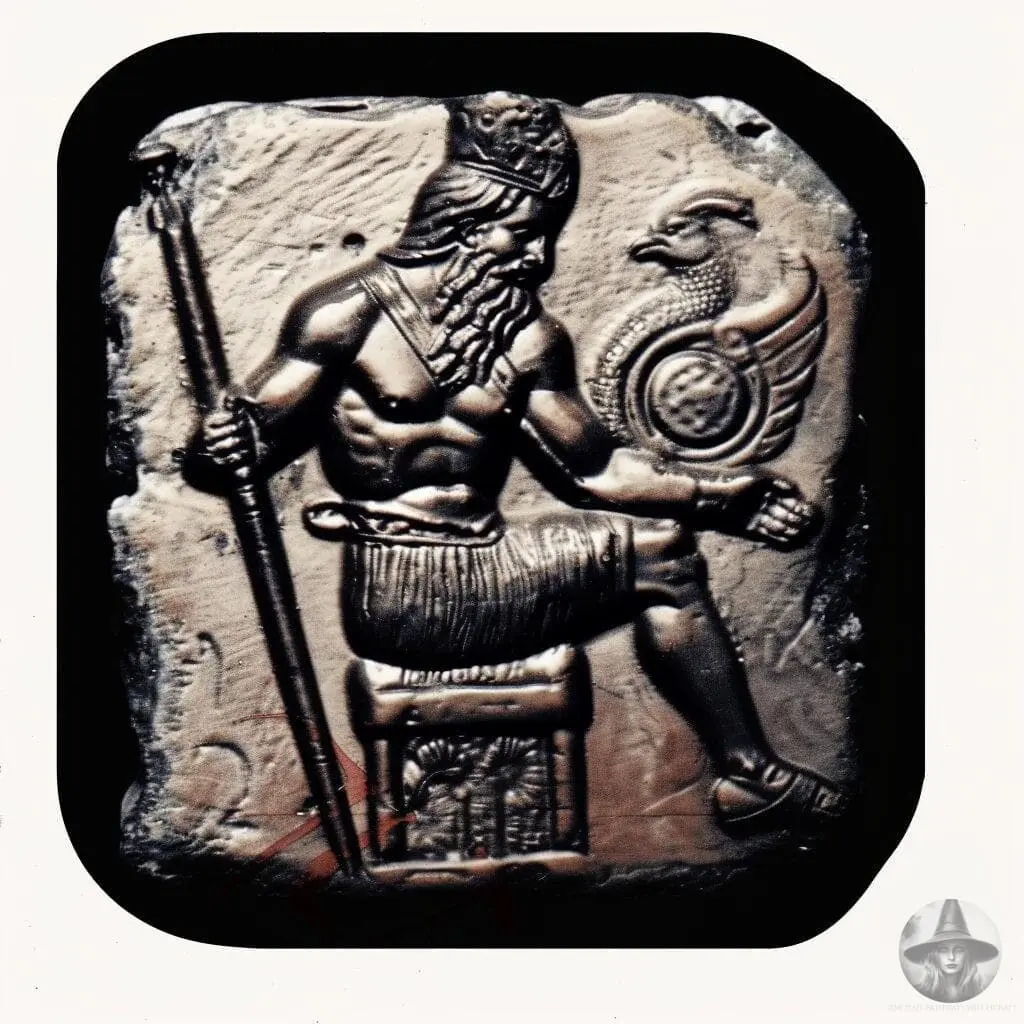Understanding Yahweh: The Sacred Name of God
The Tetragrammaton: YHWH
Yahweh is the name for the God of the Israelites, representing the biblical pronunciation of “YHWH.” This Hebrew name was revealed to Moses in the book of Exodus. YHWH consists of the sequence of consonants Yod, Heh, Waw, and Heh, known as the tetragrammaton. The tetragrammaton is a fundamental element of the Hebrew language and Jewish tradition, holding deep theological and historical significance.
The Sacredness of the Name
In Jewish tradition, the name Yahweh is considered sacred and often referred to as the ineffable or unpronounceable name. Jews avoid speaking the name YHWH aloud, using titles like Adonai (Lord) or HaShem (The Name) during prayers and religious readings. This practice underscores the profound reverence and sanctity attributed to the name.
The Revelation to Moses
The revelation of YHWH to Moses is a pivotal moment in the Hebrew Bible. In the book of Exodus, God revealed this name at the burning bush, instructing Moses to tell the Israelites that "I AM has sent me to you" (Exodus 3:14). This name signifies God's eternal and self-existent nature, emphasizing His role as the creator and sustainer of all life.
Linguistic and Theological Significance
The name YHWH has been the subject of extensive scholarly study and interpretation. Linguists and theologians have examined its roots and meaning, contributing to a deeper understanding of its implications. The tetragrammaton is often associated with the Hebrew verb "to be," reflecting the dynamic and ongoing presence of God in the world.
Role in Shaping Faith and Identity
Throughout history, the name Yahweh has played a crucial role in shaping the identity and faith of the Israelites. It symbolizes God's covenant with His people, representing His promise to be their God and their commitment to be His chosen people. This divine name is woven into the fabric of Jewish liturgy, scripture, and culture, inspiring awe and devotion among believers.



